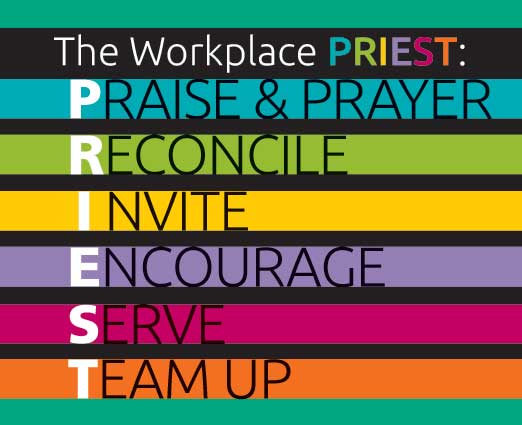Pursuing Partnership Part 13: Got a ‘Billy Graham Rule?’ 4 Opportunities You May Be Missing


By Rebecca Hopkins, Paraclete Mission Group – Writer about nonprofit work http://www.rebeccahopkins.org
This article is part of the series Pursuing Partnership: Men and Women in Ministry.
Part 13: Got a ‘Billy Graham Rule?’ 4 Opportunities You May Be Missing
Billy Graham set up a boundary of never being physically alone with a woman who was not his wife because he wanted to foster an environment safe from workplace extramarital affairs or even the appearance of them. Some politicians and many ministries have followed suit, creating policies based on a “Billy Graham rule” to dictate how male-female interactions happen in the work setting.
But if organizations evaluated their use of the policy, they might find four new opportunities to engage women in healthy ways. Melanie Lachcik, Director of Partner Engagement at Leadership Resources International (series profile article here), broached the topic with her organization, which recently invited revisions to their policy handbook. I sat down with her to discuss four benefits to evaluating the policy and three new ways forward.
- What about texting? Or same-sex attraction? Your organization may need an updated, ongoing conversation about boundaries.
When the original Billy Graham policy was established, meeting online, texting, Skype meetings, etc. weren’t options. It also didn’t address the growing awareness of same-sex attraction, which isn’t addressed at all in a no-opposite-sex-alone policy. Trading a narrow policy for an ongoing conversation could develop a culture of discipleship and maturity in these increasingly complex environments. In other words, we all need boundaries, but perhaps we don’t all need the same ones.
“You may be missing the opportunity to further influence, disciple and shape your employees and emotional context,” Lachcik said.
- Is your organization feeling stuck trying to work through complicated problems? Maybe what your organization needs is female voices to bring in fresh ideas and perspectives.
If men and women don’t feel like they are allowed to meet alone in person, organizations lose out on the solutions that women can offer. For instance, the debrief session while traveling home from a meaningful conference is often where the most important discoveries are made on behalf of the organization. Also, leaders may not even see the blind spots that can develop from a lack of diverse voices.
“There is a real opportunity to benefit as a mission organization when we embrace being intentional about bringing both genders into conversations,” Lachcik said.
- Are your female employees growing, learning and being mentored? If not, your male leaders may need to be empowered to engage them.
Many Christian nonprofits continue to have fewer women than men in positions of leadership. With a Billy Graham policy, male leaders may feel hesitant to provide ongoing, informal mentoring for their female employees. And if women don’t get to benefit from their leaders’ experience, the organization misses out on employees that keep getting better, and therefore better the organization.
“Mentoring and growing opportunities don’t often happen in group contexts but in personal or informal conversations,” said Lachcik.
- You may have talented potential female leaders who are flying under the radar. Is your Billy Graham policy hiding their gifts from male leaders’ eyes?
Leaders will often recognize the giftings and skills of other potential leaders by spending time with them in various settings. Those employees may, therefore, be promoted, which gives the company home-grown leaders. But talented women may go unseen by their (predominantly) male leaders due to lack of time spent with them because of a Billy Graham rule’s limitations.
“I have had far too many conversations with women who are outgrowing their current role, and even excelling at it, but don’t see a growth path forward in their agency,” said Wendy Wilson, executive director of Women’s Development Track. “Women with leadership gifts are still largely untapped and underutilized – and this is a stewardship issue for us.”
Three Next Steps:
- Evaluate your Billy Graham policy in relation to your current context, country and culture. What’s your purpose with the policy? Is it accomplishing your purpose in your situation now? Is there a better way to address dynamics?
- Look at your other related policies, practices and culture to make sure you have a holistic approach to integrity, discipleship, respect, equality and safety.
- Invite a diverse group of voices into a conversation about how to accomplish your purpose so that the intentions and practices can include both male and female perspectives.
“Policies should serve the people,” Lachcik said. “And you need to understand how you’re serving them.”
This article is submitted by Wendy Wilson of Missio Nexus and of Women’s Development Track. Women’s Development Track is a Missio Nexus member. Member organizations can provide content to the Missio Nexus website. See how by clicking here.



Responses